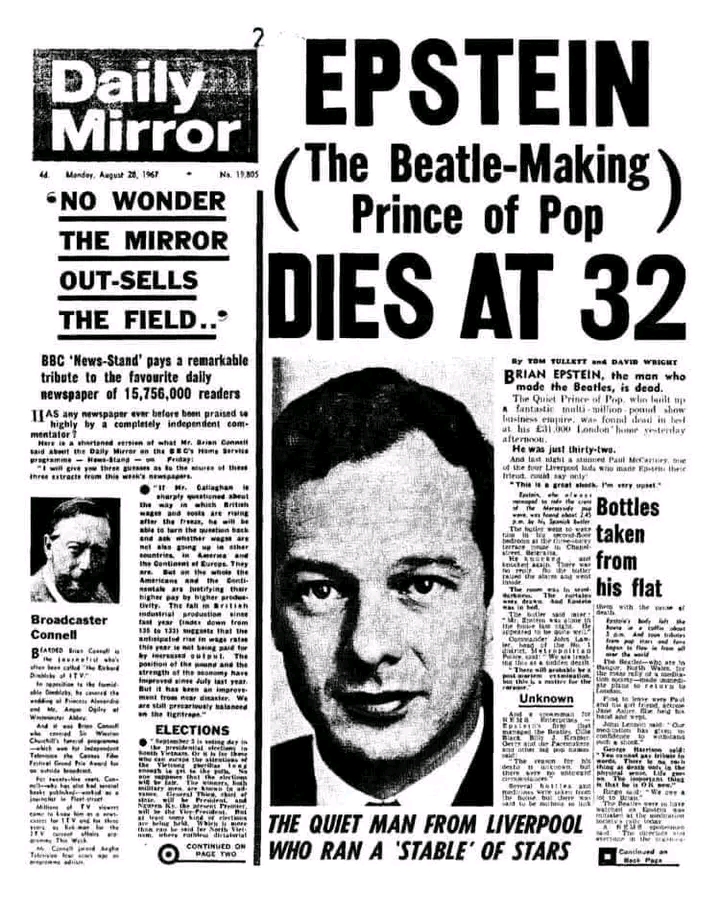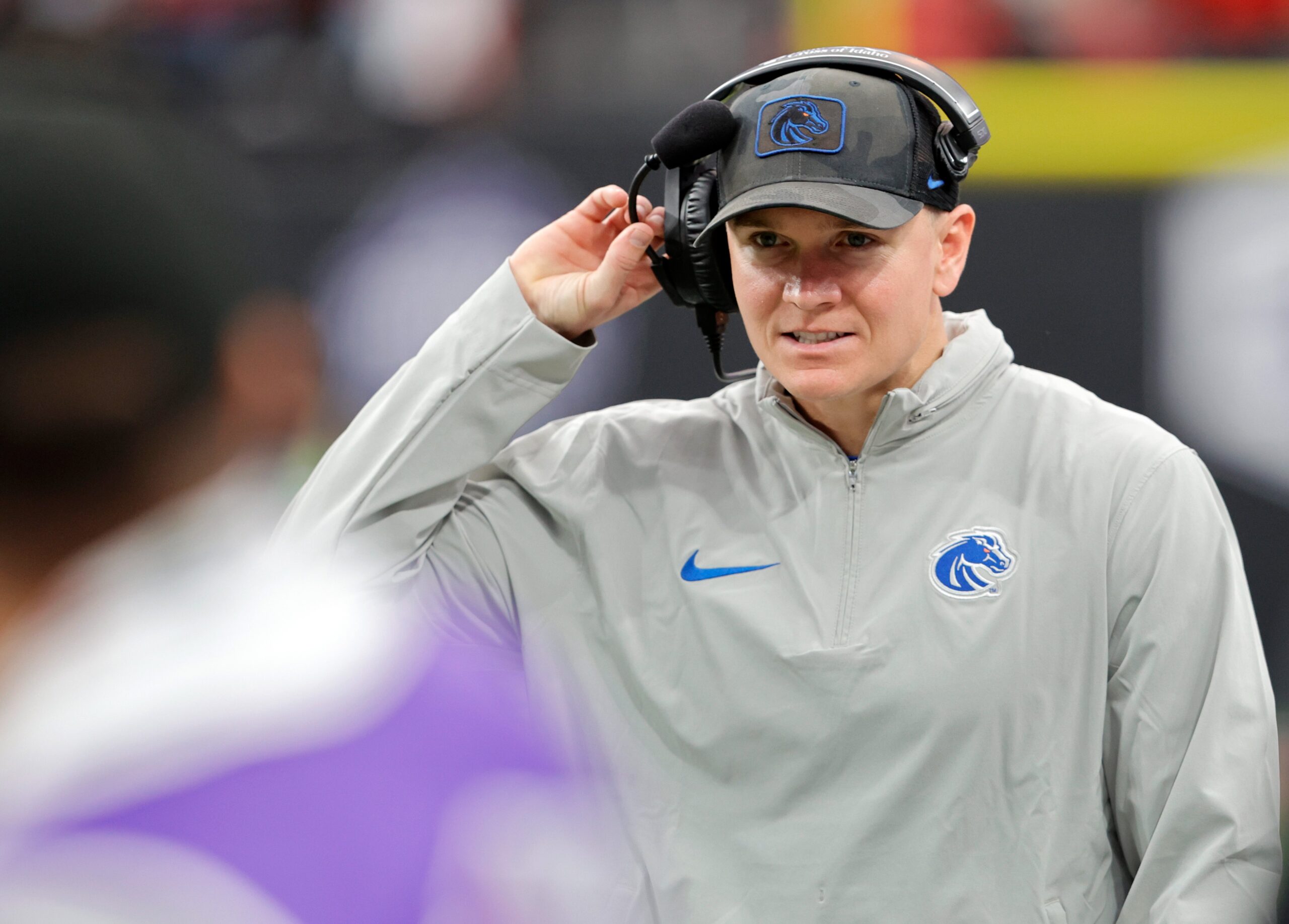The Beginning of the End: Unraveling the Complexities Behind The Beatles’ Demise
The Beatles’ breakup is one of the most enduring mysteries in music history. On January 27, 1967, the untimely death of their manager Brian Epstein sent shockwaves through the band, leaving them without a guiding force at the height of their fame and creative experimentation. Author Stewart Stafford’s assertion that Epstein’s passing marked “the beginning of the end” for The Beatles raises a crucial question: what exactly led to the disintegration of this iconic band?
In the aftermath of Epstein’s death, The Beatles found themselves navigating uncharted territory. Without their manager’s steady hand, the band members began to explore new artistic directions, which sometimes put them at odds with each other. Paul McCartney’s desire to maintain the band’s commercial momentum clashed with John Lennon’s growing interest in avant-garde art and Yoko Ono. George Harrison’s increasing songwriting prowess and spiritual explorations further diversified the band’s musical landscape. Meanwhile, Ringo Starr’s steady drumming and affable personality held the rhythm section together.
The presence of Yoko Ono in the studio has often been cited as a primary factor in the band’s breakup. While it’s true that her influence on John Lennon’s creative process was significant, blaming her alone for the split oversimplifies the complex dynamics at play. Yoko’s constant presence in the studio did create tension among the band members, who had previously worked together with a sense of camaraderie and shared purpose. However, the cracks in the band’s foundation had begun to form long before Yoko’s arrival.
The hiring of Allen Klein as their business manager in 1969 added another layer of complexity to the band’s situation. Klein’s aggressive business tactics and questionable financial dealings exacerbated the existing tensions within the band. Paul McCartney has long been critical of Klein’s role in the band’s demise, and many fans agree that Klein’s management style contributed significantly to the band’s breakup.
The financial pressures and logistical challenges of running Apple Corps, the band’s multimedia company, also played a significant role in their breakup. The company’s chaotic management and the band’s own diverging interests created an environment in which the members could no longer sustain their partnership.
In the end, the breakup of The Beatles was likely the result of a combination of these factors. The loss of Epstein’s guidance, the band members’ diverging artistic visions, the influence of Yoko Ono, the business dealings with Allen Klein, and the pressures of running Apple Corps all contributed to the band’s demise.
As we look back on the Beatles’ remarkable career, it’s clear that their breakup was a complex and multifaceted process. While it’s tempting to pinpoint a single cause or culprit, the truth lies in the intricate web of relationships, creative differences, and external pressures that ultimately led to their split.
So, who or what do you think was the final nail in the coffin for The Beatles? Was it Yoko Ono’s influence, Allen Klein’s business dealings, or something deeper? Share your thoughts and let’s continue the conversation about one of the most iconic bands in music history.



